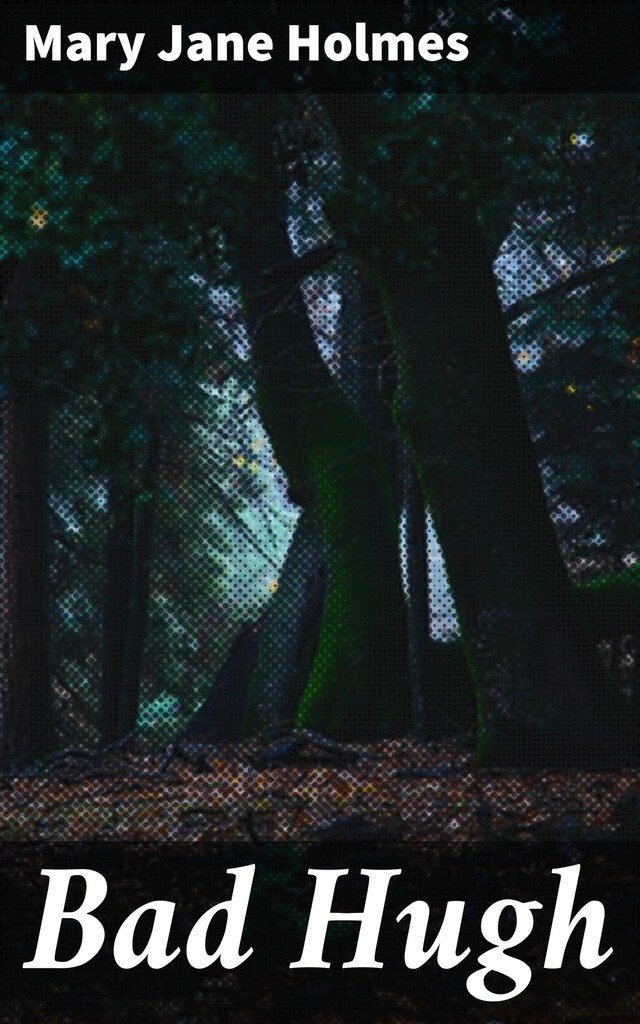
Bad Hugh
A Tale of Love, Betrayal, and Redemption in 19th-Century America
Description of book
In 'Bad Hugh,' Mary Jane Holmes masterfully weaves a narrative that explores the themes of moral conflict and personal redemption. Through vivid characterizations and a richly detailed setting, Holmes delves into the complexities of human relationships, particularly focusing on the titular character, Hugh, whose tumultuous journey towards self-discovery is marked by societal taboos and personal struggles. The literary style embodies the mid-19th century sensibilities, blending melodrama with moral undertones, ultimately reflecting the shifting social norms of the era while engaging readers in a poignant examination of forgiveness and societal acceptance. Mary Jane Holmes was a prolific author of her time, widely recognized for her contributions to women'Äôs literature in the 19th century. Growing up in a period of stringent moral codes, her deep understanding of human frailty and resilience forms the backbone of her works. Holmes's personal experiences, particularly her observations of the societal constraints placed upon women, greatly influenced her writing, infusing her characters with realism and empathy that resonates with contemporary readers. 'Bad Hugh' is a compelling read for those who appreciate character-driven stories that not only entertain but also provoke thought about ethical dilemmas and societal expectations. Holmes's narrative is both timeless and timely, inviting readers to reflect on their perceptions of morality and the potential for change, making it a significant addition to the canon of American literature.
 Mary Jane Holmes
Mary Jane Holmes 439 Pages
439 Pages